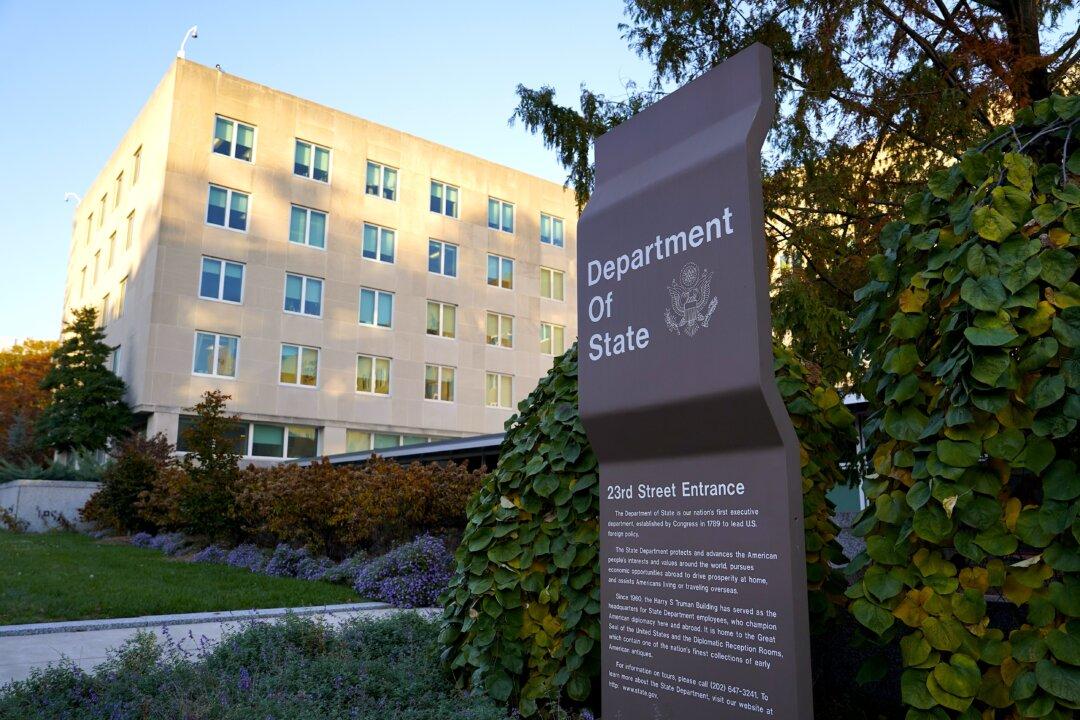WASHINGTON—Amid a cease-fire between Hamas and Israel, the U.S. State Department has approved a multibillion-dollar sale of arms and related assistance to Israel.
A spokesperson for the Department of State told The Epoch Times that Speaker of the House Mike Johnson (R-La.) and the House and Senate committees on foreign relations were notified of the proposed foreign military sales on Feb. 7.





